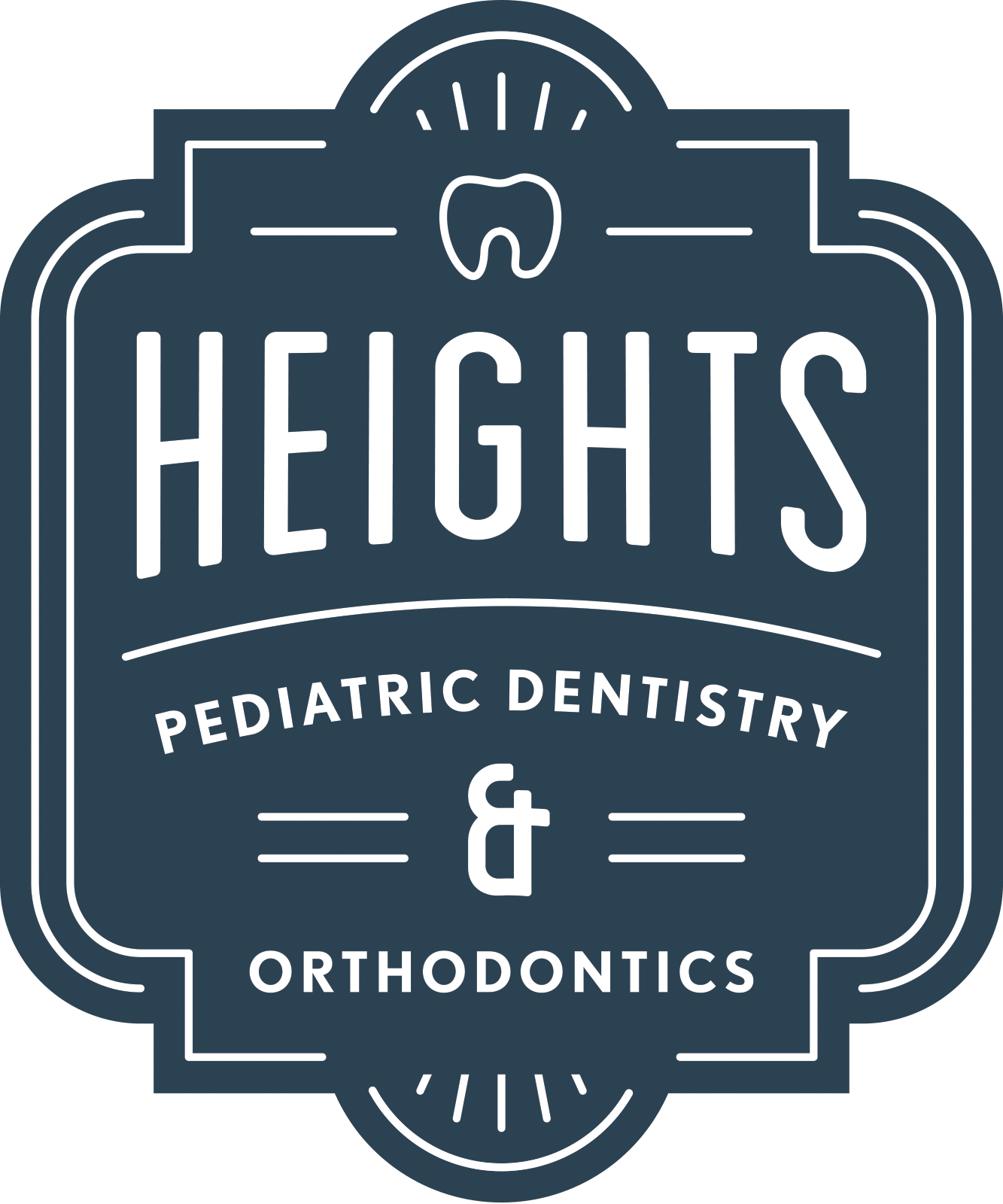Life with Braces
/Congratulations! You just got your braces and are on your way to a beautiful smile. Having braces can be a bit of an adjustment to your daily routine so we make sure to give you all the information you need to make it easy on you.
Getting used to your braces takes some time! At first it will feel very different having braces. You are not used to them, your lips are not used to them, and your teeth are especially not used to them. Your lips may become sore from rubbing on the braces. It is like rubbing a blister on your hand after working in the yard. At first you get sore, but your lips and cheeks will “toughen up” like a callus on your hand. Your teeth will probably become sore by dinner. This is normal and won’t last forever! If you are having soreness, take whatever you would take for headaches. It is best to take this before you get sore. Usually, your soreness will last about 2-3 days, decreasing each day.
Making sure that you are brushing and flossing appropriately is extremely important with braces. It is harder to keep things squeaky clean when you have brackets and wires but before your leave your first appointment one of our team members will go over exactly how to properly brush and floss. You want to make sure that you brush after every meal and for 2 minutes each time you brush. This helps keep any food from building up around your braces. If any plaque accumulates and stays around the braces you may get white spots that will not go away or even worse, cavities may form. Braces do not cause white spots or cavities, poor brushing does! And you are not done with your routine once you brush, we want you to aim for flossing at least one time per day.
Next up is what not to eat. This is extremely important. If you think a particular food will break your braces, it probably will. Hard, sticky candies are the worst. You know when you bite into a Jolly Rancher and your teeth stick together? With braces, your brackets will stick to the candy and come off your teeth when you open. If a bracket is off a tooth, the tooth is not moving which means longer treatment time may be needed. This adds up quickly. Some specific foods to avoid are sticky candies, nuts, popcorn, ice, hard/crunchy crusts, and caramels.
Sometimes things do break or come loose with your braces. We have some tips to help keep you comfortable until you can get in to see the orthodontist. If you have a wire that is poking, place a small piece of wax on the end to make it smooth or if the wire slips out of the last tooth, you can use tweezers to place the wire back in the tube. Broken brackets typically are not considered an emergency unless they have a pokey wire associated. Wax can help keep the bracket from sliding around and keep you comfortable until you can come to the orthodontist. It is important to have any broken brackets replaced as soon as you can get into the office to not increase treatment time.
We hope this information helps you feel more confident moving forward with your braces treatment.
If you have any questions about how to relieve your child’s teething symptoms, call us at Heights Pediatric Dentistry & Orthodontics, 713-861-4000!
Dr. Lindhorst, Dr. Darsey, Dr. Theriot, Dr. Gavri and the Heights Pediatric Dentistry and Orthodontics Team
